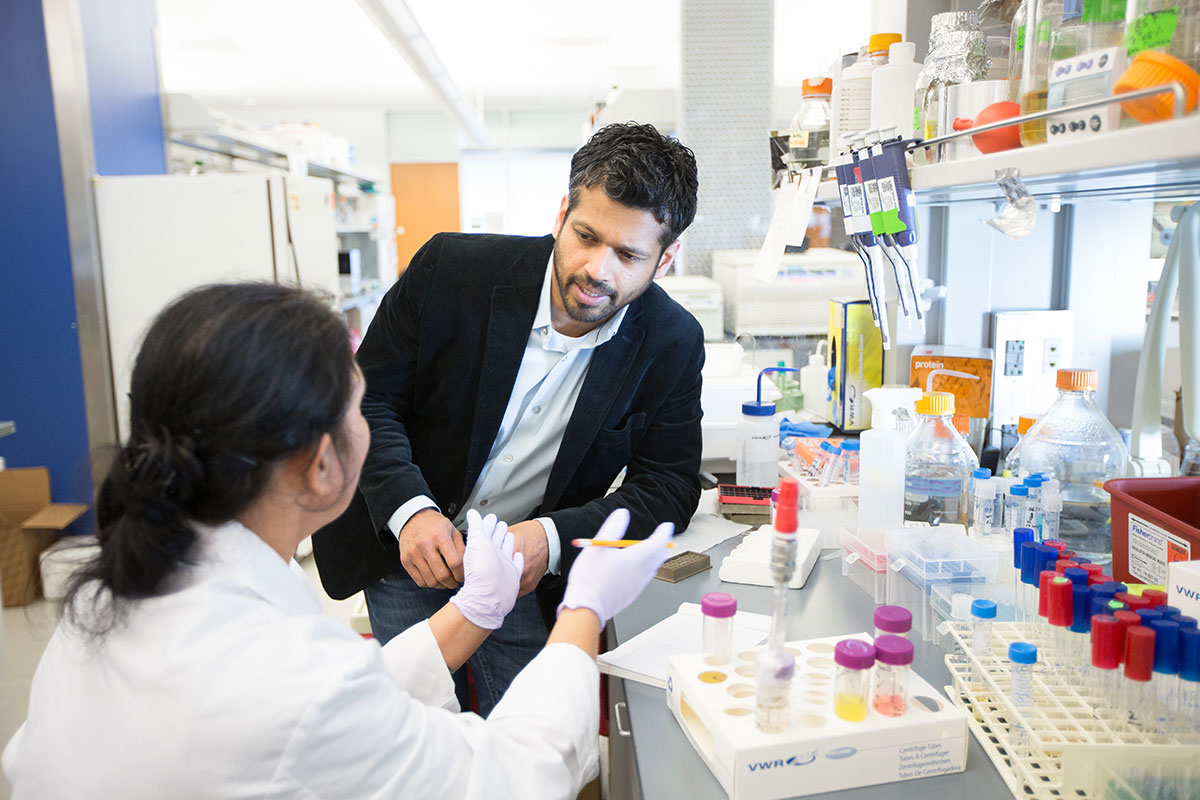ISB Announces New Fellows Program
 isbscience.org/news/2016/08/30/isb-announces-new-fellows-program/
isbscience.org/news/2016/08/30/isb-announces-new-fellows-program/
The Institute for Systems Biology is proud to announce an exciting new ISB Fellows program, which will serve as a springboard for exceptional post-baccalaureate and post-doctoral individuals who seek to pursue a research career in systems biology at the intersection of multiple scientific disciplines. Through this prestigious training program, students will collaborate with experts in systems biology and will have access to opportunities for training, mentoring and leadership development.
Research areas of interest include, but are not limited to:
- Technology development: Third-generation omics technologies, high-throughput phenotype screening, remote sensing, genome engineering, biological models, quantitative proteomics, microfluidics, technologies for single-cell analysis.
- Computational methods development: Big data analysis, visualization, multi-scale and predictive modeling, machine learning, pipelines for integrated omics analysis.
- Research Program on systems approaches to understanding biological complexity: States, state transitions, and tipping points in biological systems
ISB Fellows are identified through external nominations and evaluated by a committee of faculty and scientists. Special consideration will be given to applicants who demonstrate the potential to advance applications of systems biology to personalized medicine and environmental sustainability. Details about the two fellows tracks, Post-doc and Post-bac, are below. Our first Post-bac fellow is Abrar Abidi, who has a BS in physics from Reed College. We are not currently accepting applicants for the Post Baccalaureate Fellow program.
Track A: Post-baccalaureate Fellows Program
- Completed bachelors or masters degree within the past 2 years
- Semi-independent position
- Affiliated with a faculty member
- Fellows report to a mentor who manages their day-to-day work and provides guidance for professional growth and development
- Scope of research defined in conjunction with faculty member, taking into account the fellow’s background, strengths, interests and goals; oversight from faculty committee
- 2-year appointment
Track B: Post-doctoral Fellows Program
- Completed PhD or MD within the past 2 years
- Independent position
- Independent research project aligned with ISB vision and mission
- A team of faculty and scientists will serve as mentors to oversee progress
- 3-year appointment subject to annual renewal based on performance
- 1 technician to support research program
- Expected to apply for grants as PI





